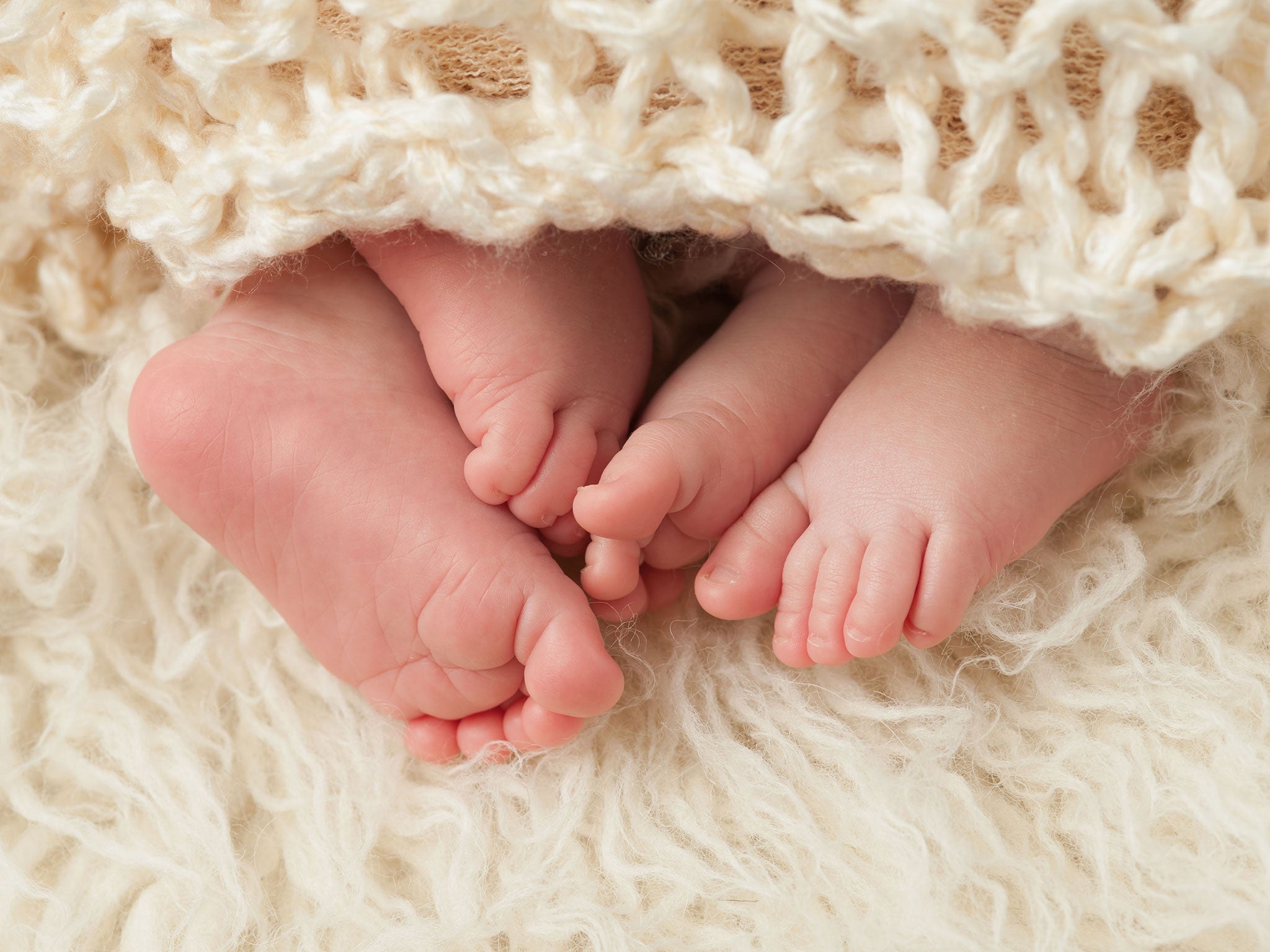Sleeping on animal fur is best for baby, says allergy study
The 'hygiene hypothesis' suggests that too much cleanliness early in life can increase susceptibility to allergies

Sleeping on animal skin may reduce a baby’s risk of developing asthma, new research suggests.
Germs in the hide and fur prime the immune system not to trigger allergies, according to research presented at the European Respiratory Society’s International Congress in Munich.
The finding comes from a study of 2,441 healthy German infants whose progress was monitored until the age of 10.
More than half (55 per cent) slept on animal skin during their first three months of life. They were 79 per cent less likely to develop asthma by six years of age than children not exposed to animal skin.
The results lend support to the “hygiene hypothesis”, which suggests that too much cleanliness early in life can increase susceptibility to allergies.
Dr Christina Tischer, the lead researcher in the study, who serves at the Helmholtz Zentrum Munchen Research Centre, said: “Previous studies have suggested that microbes found in rural settings can protect from asthma.”
Following similar mechanisms, an animal skin might also be a reservoir for various kinds of microbes observed in rural environments.
“Our findings have confirmed that it is crucial to study further the actual microbial environment within the animal fur to confirm these associations,” said Dr Tischer.
More than 1.1 million children in the UK have asthma, according to the NHS.
Join our commenting forum
Join thought-provoking conversations, follow other Independent readers and see their replies
Comments